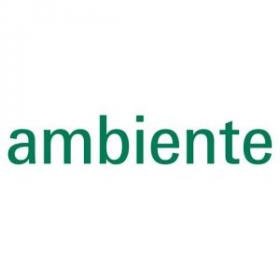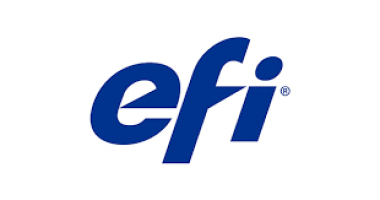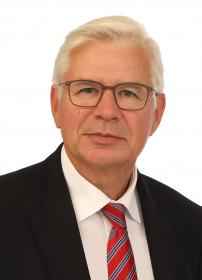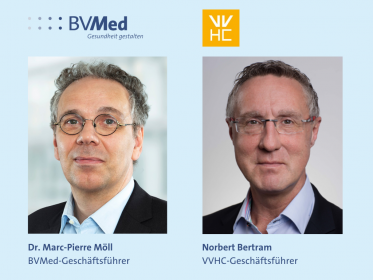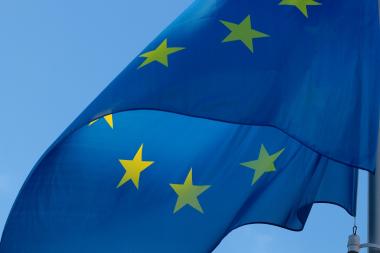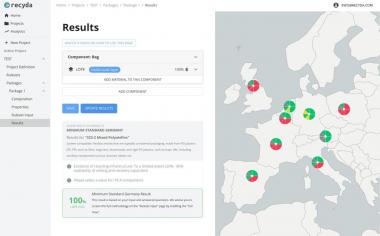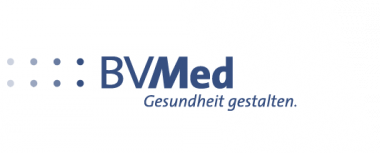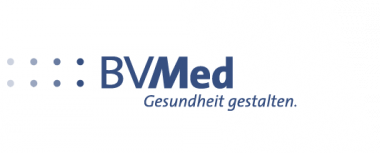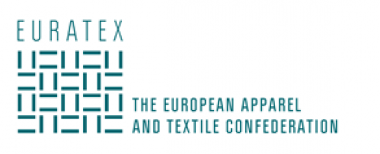Messe Frankfurt cancels consumer goods fairs in January and February 2022
In view of the exponential worsening of the pandemic situation worldwide and the accompanying tightened travel and contact regulations, the consumer goods fairs Christmasworld, Paperworld, and Creativeworld are cancelled for January 2022 and Ambiente for mid-February 2022. The regionally-oriented trade fair Nordstil from 15 to 17 January 2022 in Hamburg will take place at the present time.
The easing of the pandemic situation that was still hoped for in December is no longer in sight. Instead, the situation is deteriorating worldwide with an enormous, unforeseeable dynamic. This extreme deterioration due to the spread of the Omicron virus in Europe and Germany currently makes it impossible for Messe Frankfurt, as organiser of the leading international trade fairs Christmasworld, Paperworld, and Creativeworld, as well as Ambiente, to keep their dates in Frankfurt at the end of January and in mid-February 2022.
The four events, consisting of Christmasworld with its focus on seasonal and festive decorations, Paperworld and Creativeworld with their product ranges for paper, office supplies, stationery and hobby, craft and artists' requisites and Ambiente with its cross-sector range of products for the table, kitchen and housewares, furnishing and decorative accessories, home furnishing concepts, gifts and fashion accessories, are the recognised leading trade fairs in their sectors and open the trading year in their respective segments. Even in a reduced numerical form, the four trade fairs would still have been the leading events worldwide for their respective product segments.
However, the exponential increase in the number of infections worldwide in a very short period of time and the accompanying multitude of developments and decisions that are clearly outside the organiser's sphere of influence have led to a significant deterioration in the general conditions and necessary prerequisites for holding the four leading trade fairs as major events of international relevance at the end of January and in mid-February 2022 respectively. These developments include the classification of Germany as a high-risk area and the associated travel warnings and international and intercontinental travel restrictions in countries such as India, Japan and the United States, as well as the corresponding quarantine obligations. Equally important are the steadily rising infection figures and the accompanying urgent appeal, among others by the Robert Koch Institute and the expert council of the German Federal Government, to continue to reduce contacts to a minimum and to cancel all major events. At present, there are even further international fears that the critical infrastructure will not be maintained due to the highly contagious Omicron variant. The majority of exhibiting and visiting companies at Christmasworld, Paperworld, and Creativeworld as well as Ambiente are currently reacting to this overall situation with travel and trade fair attendance bans for reasons of duty of care towards their employees to protect them from health risks. The global willingness to travel is dropping enormously at the moment.
There are no plans to postpone the event. Detlef Braun, Member of the Executive Board of Messe Frankfurt, explains: "Since the trend-oriented order cycles of the international consumer goods industry require an annual event at the beginning of the year, a shift to the second half of the year would not meet the needs of the exhibiting companies and visitors."
Nordstil to be held in Hamburg from 15 to 17 January 2022
In the interests of the sectors involved, the planning and implementation of Nordstil from 15 to 17 January 2022 is not affected. This trade fair will take place in the Free and Hanseatic City of Hamburg at this time due to other general conditions for local implementation. However, the extremely volatile situation is continuously reviewed and assessed in close exchange with the relevant local authorities and industry partners.
Messe Frankfurt's digital platforms for business success
Messe Frankfurt has already been actively helping retailers to help themselves since 2019 with Nextrade, the first order and data management platform for the home and living sector, and Conzoom Solutions, an information platform for the global consumer goods sector. "A second year without appropriate ordering, inspiration and networking formats poses considerable and in some cases existentially threatening challenges for retailers worldwide," Braun explains. "With our digital offers, we are specifically supporting our partners in industry and trade in this volatile situation. In addition, we will continue to put all our energy and optimism into safe and promising trade fairs. Because there is no substitute for meeting in real life."
Information on the planning of the Frankfurt consumer goods fairs for 2023 will be announced at the beginning of February 2022.
Messe Frankfurt Exhibition GmbH


